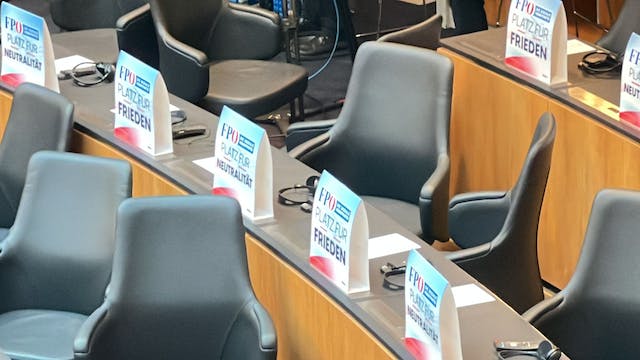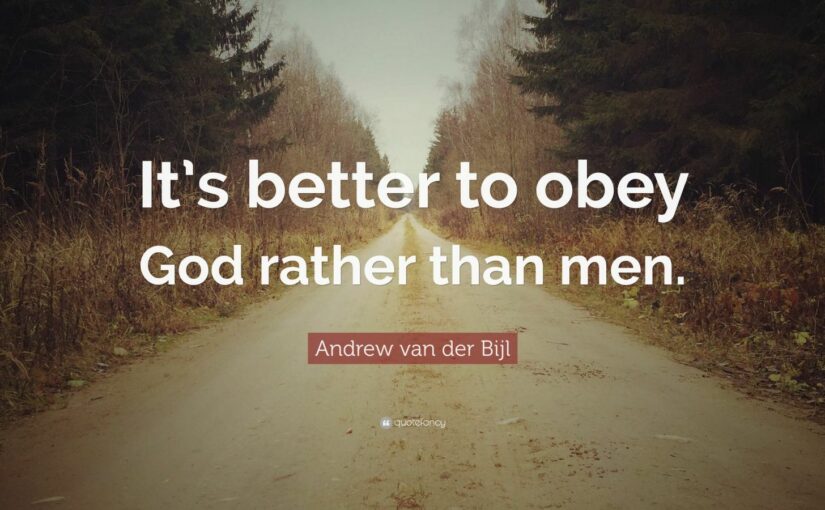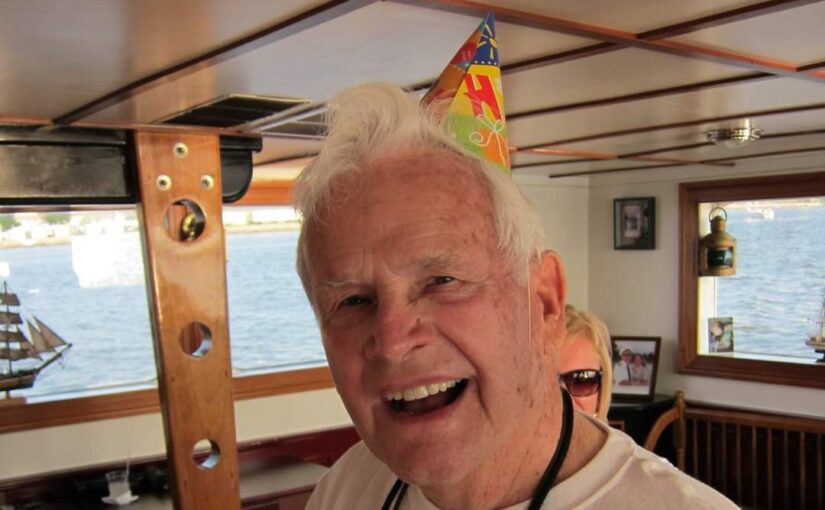- Trigger-Warnung: In diesem Beitrag werden auch Körperfunktionen erwähnt, was manche Leser vielleicht unangenehm berühren könnte.
Vor vielen Jahren habe ich über dem Waschbecken im Toiletten-Vorraum einer betont Israel-affinen christlichen Gemeinde einen Text gefunden, über den ich zunächst geschmunzelt habe, der mir aber bei näherer Betrachtung als durchaus dem Ort angemessen erschien.
Es handelt sich dabei um diesen als Ascher Jazzar bekannten Segensspruch (Bracha oder Beracha, Mehrzahl Brachot – hebr. ברכה, jiddisch: Broche), den fromme Juden angehalten sind, nach jedem Urinieren oder Stuhlgang zu sprechen, und der auch als Teil des Morgengebets Schacharit im Sid33dur (jüdisches Gebetsbuch) zu finden ist:
Gelobt seist du, Ewiger, unser Gott, König der Welt,
der den Menschen gebildet mit Weisheit
und an ihm erschaffen viele Öffnungen,
viele Höhlungen.
Offenbar und bekannt ist es
vor dem Thron deiner Herrlichkeit,
daß, wenn eine von ihnen offen
oder eine von ihnen verschlossen bliebe,
es nicht möglich wäre zu bestehen
und vor dich hinzutreten.
Gelobt seist du, Ewiger,
der da heilt alles Fleisch und wunderbar wirkt.
Momentan bin ich, zuerst wegen einer Operation in der Leistengegend, und danach wegen der daraus resultierenden Atrophie meiner Beinmuskeln, bereits seit fast elf Monaten bettlägrig, und habe deshalb einen Harnkatheter. Normalerweise funktioniert der ziemlich problemlos, er muß halt alle zwei Monate ausgewechselt werden, und manchmal verstopft er sich, dann muß er auch außerplanmäßig ersetzt werden. Das ist mir bis vor drei Wochen etwa viermal passiert – in etwa neun Monaten.
Am 21. Februar war der letzte planmäßge Katheterwechsel, und seither war ich bereits sechsmal mit einem verstopften Katheter in Mistelbach im Spital. zuletzt zweimal innerhalb von 12 Stunden. Das war ganz besonders unangenehm:
Schon das Warten auf die Rettung und dann der Transport ins Krankenhaus gegen 5:45 Uhr waren sehr unangenehm, weil sich die Blase immer mehr füllte; dort mußte ich dann in der Unfallambulanz (weil die Urologieambulanz zu der Zeit nicht geöffnet ist) warten, bis der diensthabende Urologe Zeit hatte, sich um mich zu kümmern. In dieser Zeit wurde mein Harndrang immer unangenehmer und schließlich schmerzhaft. Gegen 6:45 wurde mir schließlich gesagt, daß kein Urologe kommen würde, sondern ich in die Urologiambulanz gebracht werden würde. Das hieß, mit einer zunehmend schmerzhaften Blase weiter zu warten – zunächst bis zur Öffnungszeit der Urologie um 7:00 Uhr, dann weiter, bis die Urologie-Mannschaft um 7:15 Uhr aus der Schichtwechsel-Dienstbesprechung kam. Endlich Erleichterung! Der Wechsel ging dann sehr schnell, danach mußte ich eine weitere halbe Stunde auf den Heimtransport warten – aber da hatte ich zum Glück keine Schmerzen mehr.
Inzwischen mache ich, je nach Bedarf, mindesten zweimal am Tag eine Katheterspülung mit einer Kochsalz- oder Zitronensäure-Spülung, und obwohl man schon spürt, daß die Blase eigentlich nicht dafür gemacht ist, von dieser Seite befüllt zu werden, ist es doch wesentlich weniger schmerzhaft, wenn es dort nicht abfließen kann.
Normalerweise verschwende ich ja auf Körperfunktionen wie Urinieren kaum einen Gedanken, aber in meiner derzeitigen Situation muß ich immer wieder an Psalm 139, 14 denken:
Ich danke dir dafür, dass ich wunderbar gemacht bin; wunderbar sind deine Werke; das erkennt meine Seele.
Genau das Gleiche drückt Ascher Jazzar mit ein paar mehr Wörtern aus, und man belächelt diese Angewohnheit, diesen Segen nach jedem Toilettengang zu rezitieren, nur solange es bei den eigenen vielen Öffnungen, vielen Höhlungen und deren Funktion zu keinen Störungen kommt.
Als freikirchliche, evangelikale Christen haben wir es nicht so mit vorgeschriebenen, vorformulierten Gebeten oder Ritualen, und das hat gute theologische Gründe; aber als Vorschlag statt als Vorschrift gesehen können z. B. gerade diese jüdischen Segenssprüche bei Allem und Jedem durchaus wertvoll sein, weil sie uns immer wieder daran erinnern, daß unser ganzes Leben, einschließlich nicht ehrenvollen Aspekten, einen Gottesbezug hat, nicht nur die Stunde am Sonntagvormittag oder Mittwochabend, oder auch die tägliche Stille Zeit.
Und da stellt sich mir dann die Abschlußfrage: warum hat die eingangs erwähnte Gemeinde nicht auch den Segen zum Händewaschen (Netilat Jadajim, hebräisch יָדַיִם נְטִילַת) über dem Waschbecken angebracht
Gelobt seist Du, Ewiger, unser Gott, König der Welt, der uns mit seinen Geboten geheiligt und uns befohlen hat, die Hände zu waschen.
Aber das war natürlich lange vor Covid-19.
__________








